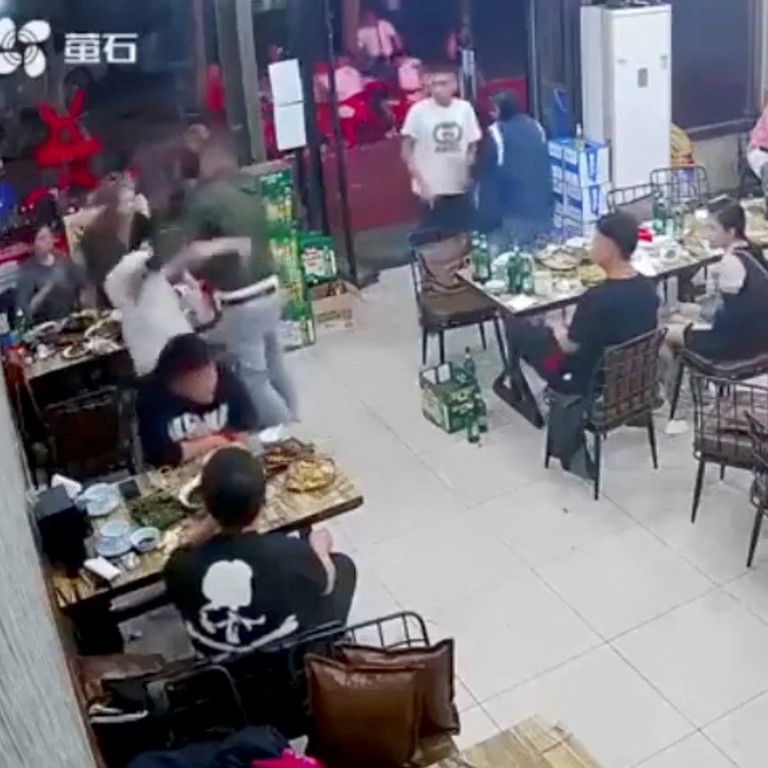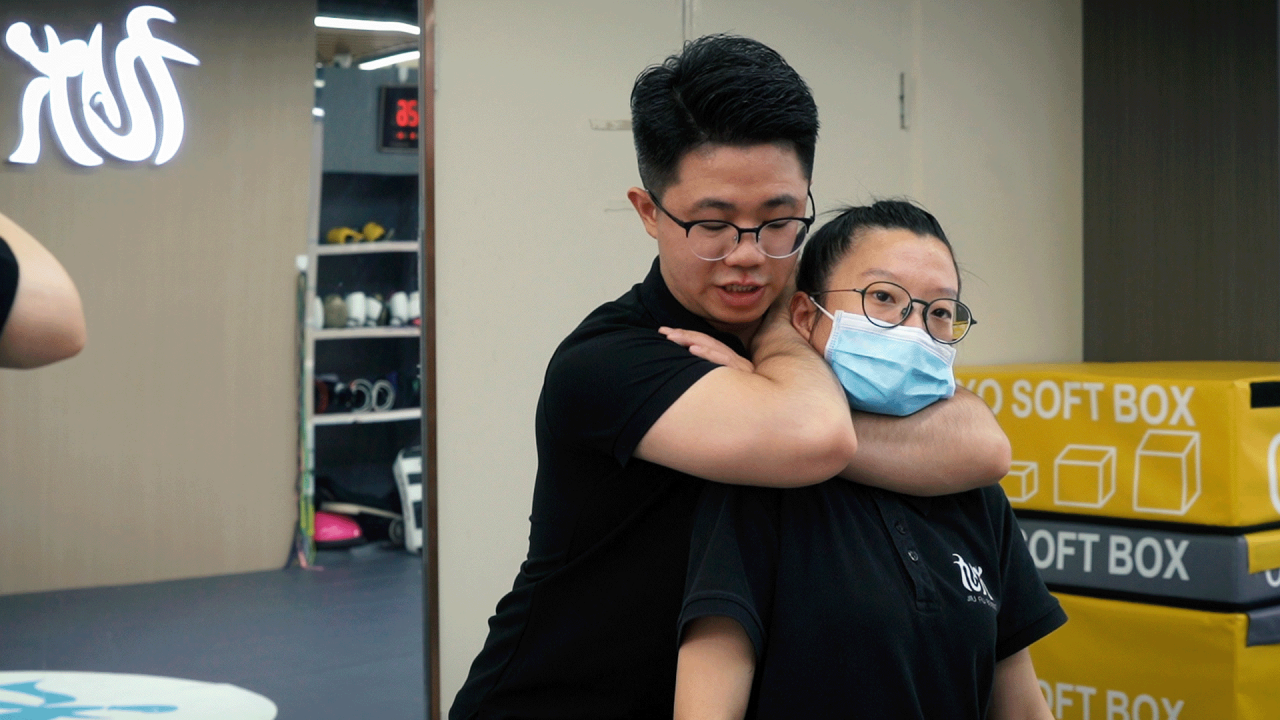
Head of China’s top court orders crackdown on ‘abhorrent’ crimes amid public outcry over attack on women in Tangshan
- Zhou Qiang, president of the Supreme People’s Court, tells a conference of judges that violence against women, children and elderly must be severely punished
- Last month’s assault on a group of diners in a restaurant sparked widespread public anger and triggered concerns about women’s safety
“[We] must severely punish according to the law crimes that the people abhor. Cruel assaults against women, children and the elderly that challenge the bottom line of the law and morals must be punished with the utmost severity,” Zhou Qiang, president of the Supreme People’s Court, told a conference of senior judges on Saturday.
Tangshan loses ‘civilised city’ status after brutal attack on women diners
Laying out a work plan for the second half of the year, Zhou demanded the judges target organised crime, murders, robberies, and crimes that involved guns and explosives. He also asked judges to step up a crackdown on frauds and scams targeting the elderly.
The order follows last month’s assault on a group of women in a restaurant in the northern city of Tangshan that caused widespread shock and anger.
Surveillance footage showed the women being dragged by their hair, slapped to the ground and kicked after one of the diners turned down a man’s advances.
Nine people have been detained over the assault, which left two of the women seriously injured.
This incident sparked concern about women’s safety in China, but the authorities responded with campaigns against gang violence rather than highlighting the problem of gender-based violence even though there have been several high-profile cases in recent years.
As with the chained woman, there has been no official update on the condition of the Tangshan victims since the attacks.
Police officer fired and 5 face probe over attack on women in China
Two weeks after the Tangshan attack, China’s new public security minister, Wang Xiaohong, launched a 100-day summer campaign, promising a maximum display of police force.
In March, Zhou vowed to hand down the death penalty for serious offences involving “cruel treatment” of women, children and the elderly, in an apparent response to public fury over recently exposed trafficking cases.
The All-China Women’s Federation, a women’s rights organisation closely associated with the government, has long been criticised for falling short of its mission to advocate for women’s rights in China. In a 2021 survey, it found that 30 per cent of married women in China had experienced domestic violence.
China’s Anti-Domestic Violence Law came into effect in 2016 and introduced restraining orders as an avenue to seek protection against potential abusers.
China is also drafting a revision to the Law on the Protection of Rights and Interests of Women but public concerns for women’s safety remain.
During the Saturday conference in Beijing, Zhou also highlighted the need to protect people’s livelihoods, urging judges to ensure the rights of graduates and workers are protected when handling their cases.



